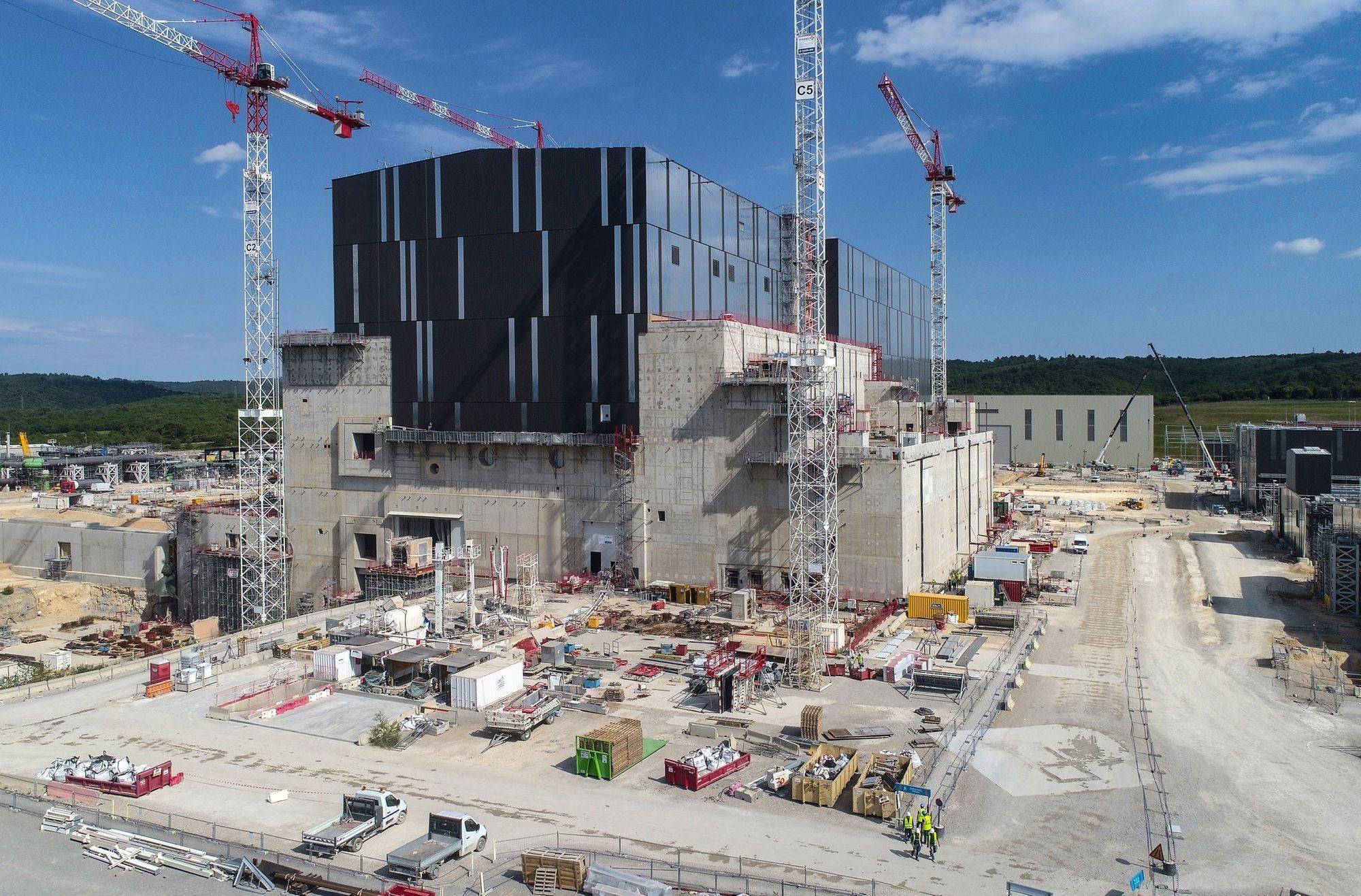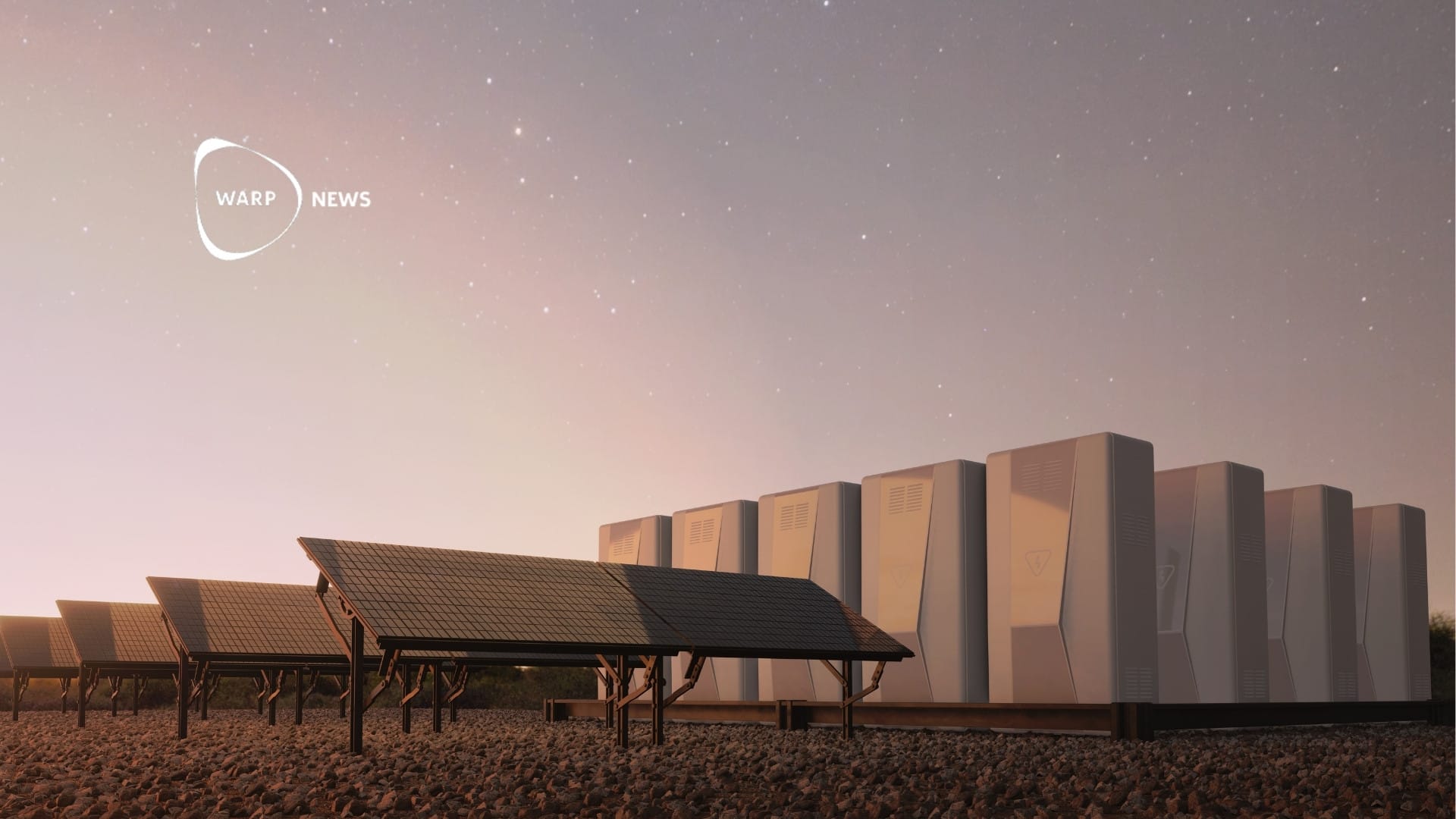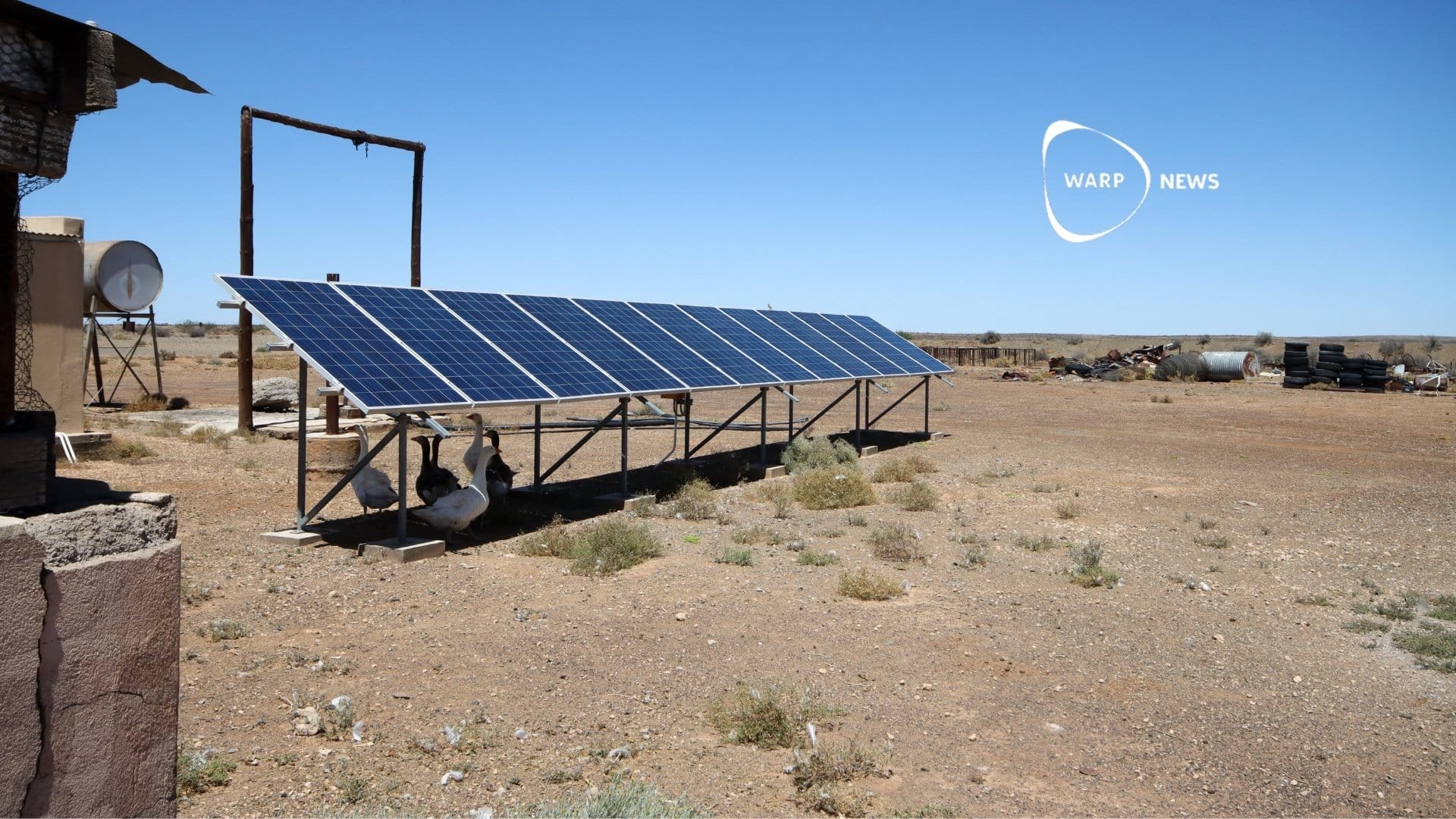
⚡️ Construction of the ITER fusion reactor started in France
Construction of the ITER fusion reactor has now begun in France. In 2025, the reactor is expected to be switched on and become the first fusion reactor in the world to produce more energy than it is supplied with.
Share this story!
Fusion power is a dream that has existed for many years and is found in science fiction as well as in many city-building games on the computer. Soon, however, it can go from fiction to reality through the ITER project, International Thermonueclear Experimental Reactor. The project has just passed a new milestone in that the reactor has now begun to be built on site in the south of France .
ITER is a collaboration between 35 countries and on July 23, the construction of the reactor began through a ceremony where French President Emmanuel Macron handed over the first components for the construction. Construction began as early as 2010, but it is only now that the reactor is starting to be installed on site in the building. If the schedule holds, the reactor will be put into operation at the end of 2025, but it will take another ten years before full capacity is reached in operation.
The reactor is not only the world's largest fusion project, it is also the first reactor expected to be able to achieve self-combustion of plasma. The goal is for the reactor to generate ten times more heat than is added to it, many times more than any previous experiment. However, it is not a model for what commercial reactors may look like, but is only intended to prove that the concept works.
If the experiment works as intended, it is only a matter of time before commercial fusion reactors become a reality. It will provide the planet with an energy source that is both emission-free and powerful. Fusion power does not leave behind any radioactive material, unlike traditional nuclear power which gets its energy from fission, or nuclear fission. It is also not possible to have an uncontrolled reaction and thus there is no risk of melting.
By becoming a premium supporter, you help in the creation and sharing of fact-based optimistic news all over the world.


